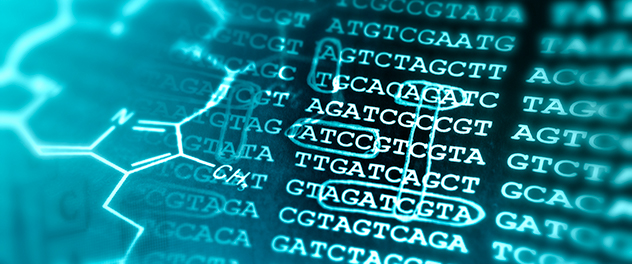In today’s rapidly advancing world of science and technology, one field that stands at the forefront of innovation is bioinformatics. This interdisciplinary science, which combines biology, computer science, mathematics, and data analysis, plays a pivotal role in unraveling the mysteries of life at the molecular level. In this article, we will delve into the fascinating world of bioinformatics, exploring its significance, applications, and the profound impact it has on various aspects of modern life.
Understanding Bioinformatics
Bioinformatics, a portmanteau of “biology” and “informatics,” involves the application of computational techniques to collect, store, analyze, and interpret biological data. At its core, bioinformatics is a data-driven science that leverages powerful computational tools to make sense of the vast and complex biological information generated by fields like genomics, proteomics, and structural biology.
Genomics: Decoding the Blueprint of Life
One of the most well-known applications of bioinformatics is in genomics—the study of an organism’s complete set of genes, known as its genome. The Human Genome Project, completed in 2003, was a monumental achievement that would not have been possible without bioinformatics. This international effort to sequence and annotate the entire human genome relied heavily on computational methods to process the enormous amount of genetic data.
Today, bioinformatics tools continue to be instrumental in genomics research, enabling scientists to:
- Sequence Genomes: Rapid advancements in DNA sequencing technology, coupled with bioinformatics, have made it possible to sequence the genomes of countless organisms, shedding light on their genetic makeup.
- Identify Genes: Computational algorithms can predict the locations and functions of genes within a genome, aiding in the discovery of genes associated with diseases and other biological processes.
- Analyze Genetic Variations: Bioinformatics helps identify genetic variations and mutations, contributing to our understanding of genetic diseases and personalized medicine.
Proteomics: Unraveling the Proteome
While genomics focuses on an organism’s genes, proteomics is concerned with the study of its proteins—the functional workhorses of the cell. Bioinformatics plays a crucial role in proteomics by assisting in:
- Protein Structure Prediction: Computational methods predict protein structures, which is essential for understanding their functions and interactions.
- Protein Identification: Mass spectrometry data, coupled with bioinformatics analysis, enables the identification and quantification of proteins in complex mixtures.
- Pathway Analysis: Bioinformatics tools help elucidate intricate cellular pathways and networks by integrating protein-protein interaction data.
Pharmaceuticals and Drug Discovery
Bioinformatics is also a cornerstone of modern drug discovery and development. It aids in the identification of potential drug targets, the prediction of drug-protein interactions, and the design of novel therapeutic agents. This reduces the time and cost associated with bringing new drugs to market and allows for more personalized treatment strategies.
Agriculture and Food Security
In agriculture, bioinformatics contributes to crop improvement by analyzing plant genomes and developing genetically modified organisms (GMOs) with desirable traits. It plays a vital role in ensuring food security and sustainable agriculture practices.
Environmental Conservation
Bioinformatics helps monitor and manage biodiversity by analyzing DNA samples from various ecosystems. It aids in species identification, tracking the spread of invasive species, and assessing the impact of climate change on ecosystems.
Conclusion: The Bioinformatics Revolution
Bioinformatics is undoubtedly a transformative force in the life sciences. It empowers researchers to decipher the intricate genetic codes of life, paving the way for breakthroughs in medicine, agriculture, and environmental conservation. As the field continues to evolve and mature, we can expect even more profound insights into the biological world, ultimately improving the quality of life for all of humanity. The synergistic blend of biology and informatics is not only unlocking the secrets of life but also shaping the future of science and healthcare.




